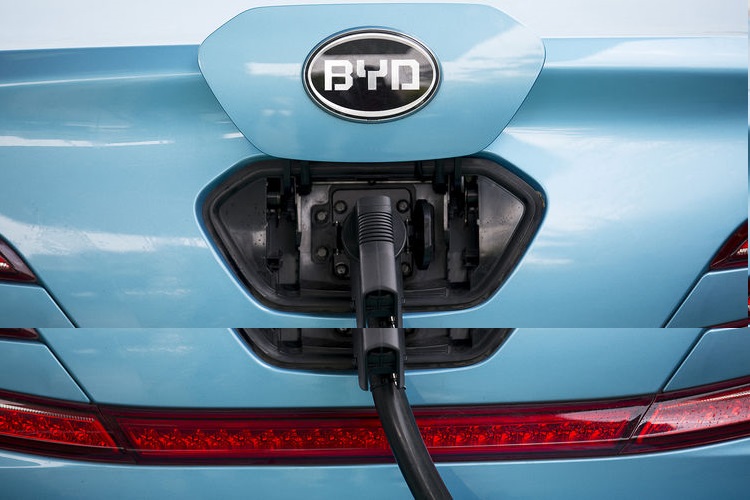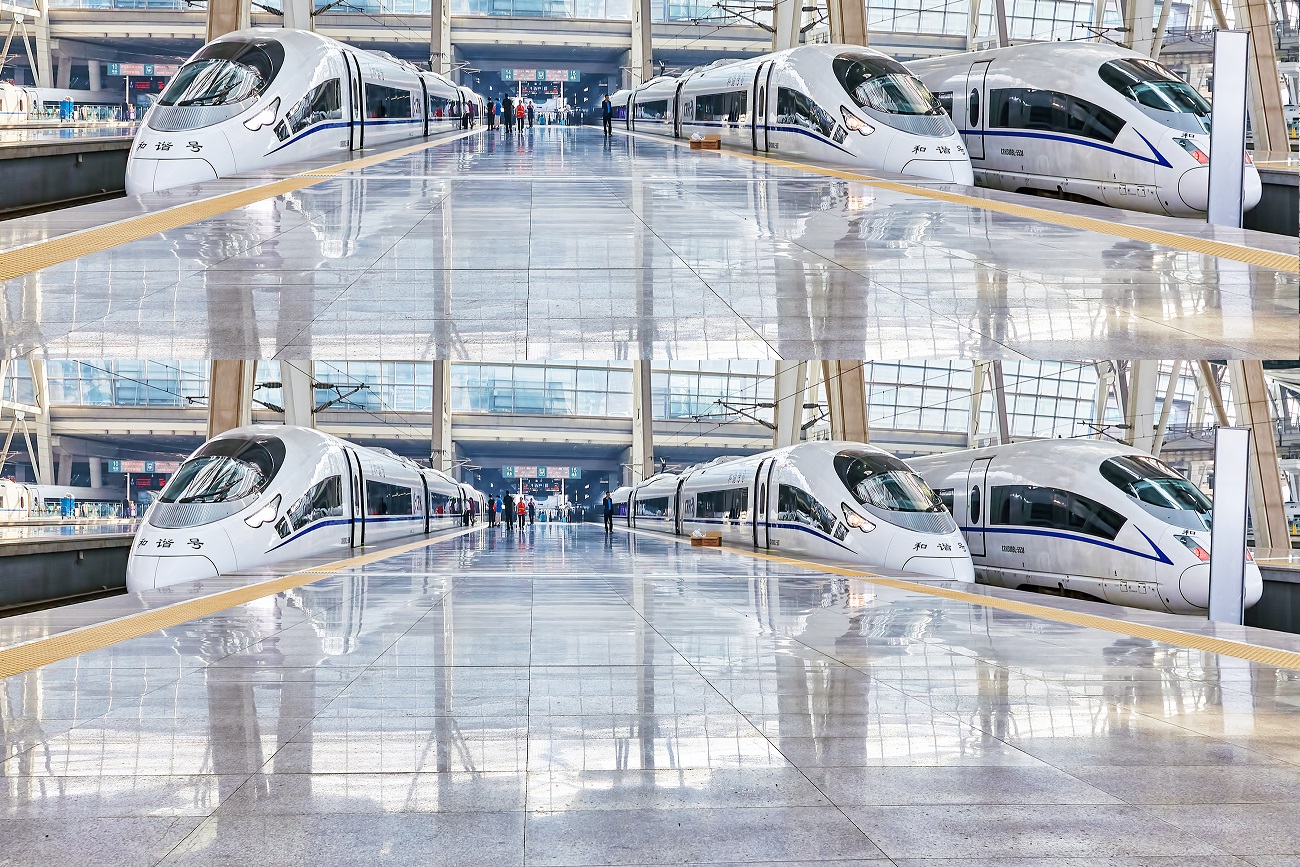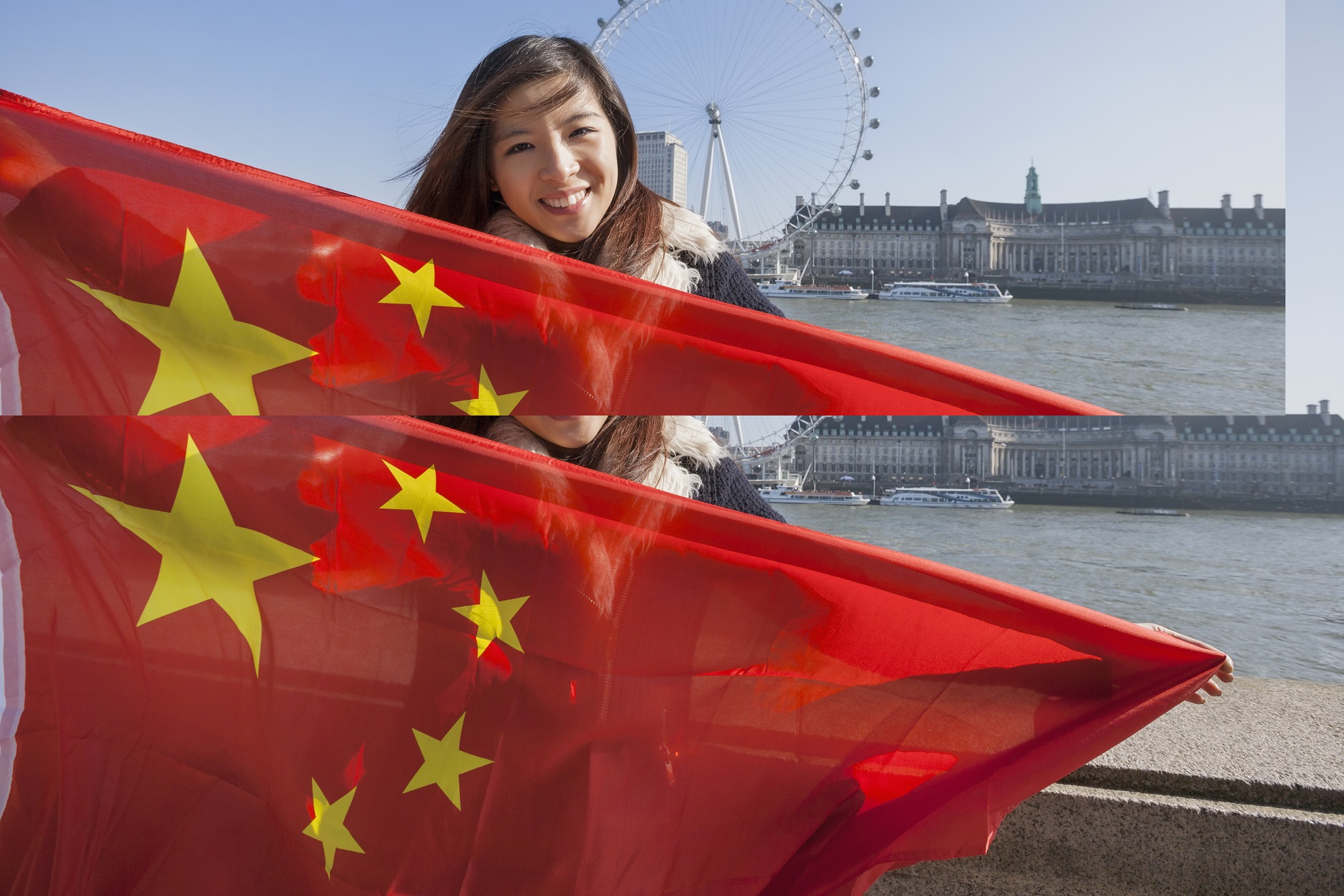10.000 startups per day
This is the incredible amount of new companies in China in 2015. That year 4.4 million companies saw the light in China, which is the greatest number ever.
Whoever lives in China nowadays, cannot miss the frenzic atmosphere of innocation and startups. Every week there is some news about new products or services on tha market, new hot apps, etc. I myself, in China since 2004, on the hand side things evolve very fast, but on the other hand also get highly excited by everything what's going on. Half a year ago I didn't see any orange or yellow bikes (the sharing bikes of Ofo and Mobike), in the streets of Shanghai, now they are everywhere (and start to cause trouble also, but more about that in another blog). It goes insanely fast.
Especially in the internet sector and fintech, innovation has created major changes. When I arrived in China 13 years ago, all financial transactions were all archaic. When I needed to pay the monthly rent of my apartment, I needed to withdraw money from my bank account. I had to go to the bank with my passport, fill in a bunch of papers, get rejected a few times for various reasons (either I used the wrong pen, either the amount of money I wanted to withdraw was written 'unclearly', either I not knowingly displeased the lady at the window), needed to stand in lin again for half an hour, and then if I was lucky could get my 2.500 RMB. Then I needed to take the money to the bank where my landlord had his account, stand in line there for an hour there, (didn't get refused there a few times, as I deposited money anyway) and then pay. The whole procedure took easily a few hours. Today the process is a bit different. I pay my rent through the online payment system Alipay from Alibaba, a 10 second procedure. And via WeChat I buy all kinds tickets. To my surprise a few weeks I received an email that to from now on I needed to pay my yearly income tax via WeChat...
The main cause of this innovation frenzic is the politic atmosphere. Indeed, with the policy of mass entrepreneurship and innovation, China hopes to support the private sector and create new engines to boost the Chinese economy. As the traditional driving forces wither, innovation must be the engine to propel nearly half of China’s economic growth, if the nation is to achieve annual growth of between 5.5-6.5 percent in the next decade.
And that might be doable. China has a labor force of 800 million, among whom 170 million have received higher education or possess high professional skills. So there is a critical mass present to achieve innovative success. Of course, of these 10.000 startups per day, a lot are small shops or just empty boxes, but if only 0.1% of these new companies succeed and become something interesting, it’s still 10 per day. As usual mass is everything in China. Venture Capital is also abundantly present. Private venture firms have already been stepping up their investments. Venture deals more than doubled last year to almost $39 billion, or about a quarter of the global total. The amount of state capital threatens to overwhelm the private firms. Chinese government-backed venture funds tripled their money under management in a single year to 2.2 trillion yuan ($330 billion) in 2015. As usual big government is one of the driving forces.
Despite all this, experienced entrepreneurs are not that common yet. That consequently means that everybody needs to find his/her own way, and that the real success stories of Xiaomi, Baidu, Alibaba and Tencent, are the only real reference points for beginning tech startups. People such as Alibaba's Jack Ma, Tencent's Pony Ma and Xiaomi's Lei Jun are also examples to look up to. These gentlemen are prominent in the media, and personify the success of the self-made Chinese tech enterpreneur. They are role models for many young graduates who dream of their own tech company. As in the United States and Europe, everyone knows the story of Bill Gates or Steve Jobs who and went their own way, every Chinese knows the story of Jack Ma who as an English teacher had the dream to connect Chinese companies to foreign markets, and consequently founded Alibaba in his small apartment. Therefore Jack Ma may also be called rightly the first Chinese Internet entrepreneur. He is not only a source of inspiration for many young Chinese who want to follow in his footsteps, he is also known as the Steve Jobs of China because of his visionary ideas.
China keeps on changing, and innovation and this new wave of entrepreneurship will be the wave the of the future, globally…




















